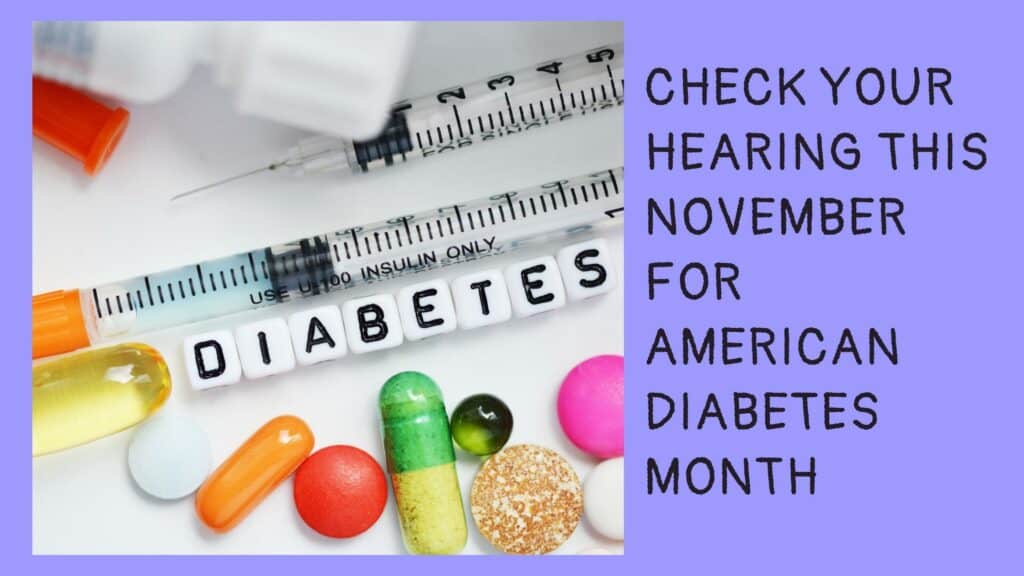Do you know someone with diabetes or pre-diabetes? Even if you don’t realize it, you are very likely to have someone in your life with one of these conditions. A striking 34.2 million Americans have diabetes, and another 88 million have elevated blood glucose levels to define that they have “pre-diabetes.” Together they form roughly 37 percent of the US population, meaning that the likelihood you know someone with one condition or the other is quite high. Perhaps you are a person with either diabetes or pre-diabetes. Whether on the level of personal experience, family life, or community membership, these connections with the disease can spark your participation in American Diabetes Month this November.
Each year we set aside the month to consider what we can do to raise awareness about the disease and to take action toward ever-better prevention and treatment. Finding ways to take action can be difficult. Many people struggle to understand what they can do to contribute to the cause, and one step you can take might come as a surprise: getting a hearing test! If you find yourself wondering how hearing loss is connected to diabetes, let’s take a moment to explore the connection within the body and to think about what can be done to take action. Rather than watching from the sidelines, you can take practical steps to take part in American Diabetes Month this year, and a hearing test might be part of your participation.
What does hearing loss have to do with diabetes?
Consider the population of people with diabetes and pre-diabetes, roughly 37 percent of the US population. This group is disproportionately likely to have hearing loss than the rest of the population. In fact, those with diabetes are twice as likely and those with pre-diabetes are 30 percent more likely than their counterparts. When you take this statistical likelihood, you might be eager to understand how these conditions are connected within the body. Those who have diabetes experience higher levels of blood glucose. That blood glucose level has been connected with damage to blood vessels throughout the body. Specifically, when the blood vessels near the eyes or kidneys are damaged, they can cause organ failure and impaired functioning.
Experts believe that the same process might take place among those with hearing loss. When the tiny blood vessels in the ear are damaged by high blood glucose levels, they cannot deliver the oxygenated blood that the ears need to function. The problem might have to do with the composition of the blood, as well. The tiny hairlike organelles of the inner ear called stereocilia need oxygen-rich blood to continue to function. When they are deprived of their needs, they can become bent, broken, or otherwise damaged. Unfortunately, once the stereocilia are damaged, they do not regenerate on their own, and treatment is required to assist hearing ability.
Why should I get a hearing test?
Among the many reasons to get a hearing test, detecting diabetes can be one of the powerful forces pushing you to get the exam. Early diagnosis of hearing loss is a crucial step to enable you to get the treatment you need, and time spent with untreated hearing loss can result in a wide range of physical, mental, and cognitive health issues. In addition to these practical reasons to get a hearing test, you might even be able to alert your physician to the possibility of diabetes or pre-diabetes.
Getting the test is easy, relatively quick, and totally painless. In consultation with our team, you’ll have the opportunity to describe the situations in which hearing or communicating has become difficult. Don’t delay making your appointment! If you have a family member or loved one whose hearing you are concerned about, the connection with diabetes might be even more reason to encourage them to get the test.





